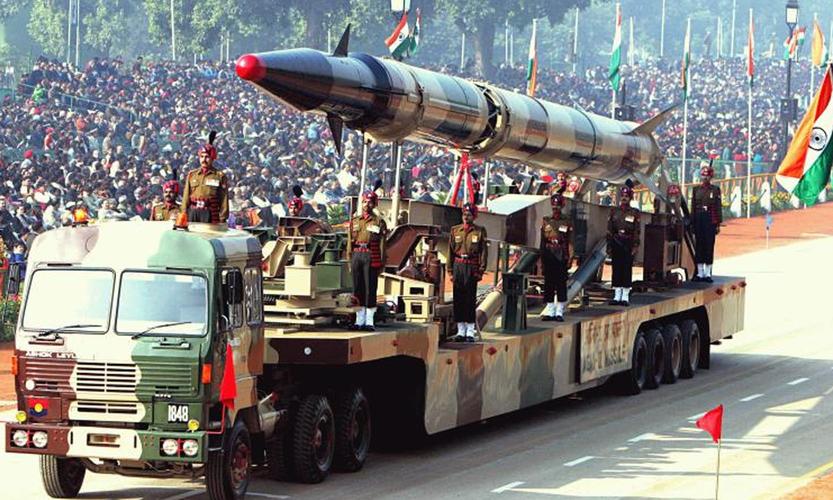India-Pakistan Exchange of Fire for Four Consecutive Nights: Causes and Consequences
 summary:
For the past four nights, the Indian and Pakistani borders have experienced a continuous e...
summary:
For the past four nights, the Indian and Pakistani borders have experienced a continuous e... For the past four nights, the Indian and Pakistani borders have experienced a continuous exchange of fire, leading to heightened tensions and concerns in the region and beyond. This article delves into the causes of this escalating conflict and its potential consequences.
The escalating tensions between India and Pakistan are not new. The two countries, sharing a long border, have a complex history of conflicts and disputes. However, what is alarming is the recent surge in cross-border firing, which has claimed lives and caused damage on both sides of the border. This escalation of violence is not just about the two countries' longstanding disputes; it is also influenced by several contemporary factors.
One of the main reasons for the escalation of violence is the growing influence of radical elements within both countries. These elements seek to undermine the stability of the region by exploiting historical grievances and religious differences. The rise of terrorist activities in the region has also played a significant role in escalating tensions. The threat posed by terrorist organizations has led both countries to strengthen their security measures along the border, which has sometimes led to clashes and exchanges of fire.
The continuous exchange of fire has resulted in several casualties and damage to property on both sides of the border. The situation has also led to a significant disruption of daily life in border areas, affecting civilians and causing fear among the population. The international community has expressed concerns about this escalating conflict, calling for both countries to exercise restraint and resolve their differences through dialogue and negotiation.
The consequences of this escalating conflict are far-reaching. Firstly, it poses a threat to regional stability and security. The Indian-Pakistani conflict is not just about the two countries; it also has implications for neighboring countries in South Asia. Secondly, this escalation of violence could lead to a broader conflict that could potentially affect global peace and stability. Thirdly, the conflict has also led to a significant displacement of civilians, causing humanitarian crises in border areas. The international community should intervene to provide assistance and support to affected populations.
To resolve this escalating conflict, both India and Pakistan need to exercise restraint and avoid further escalation of violence. It is crucial to recognize that military action alone cannot resolve the differences between the two countries. Instead, both countries need to engage in dialogue and negotiation to resolve their issues. This can be achieved through diplomatic efforts by regional and global powers to facilitate dialogue between India and Pakistan. Additionally, it is essential to address the root causes of the conflict, including addressing issues related to terrorism and radical elements that seek to undermine regional stability.
Moreover, the international community should provide assistance and support to both India and Pakistan to help resolve their differences peacefully. This assistance could include providing humanitarian aid to affected populations, supporting infrastructure development in border areas, and promoting economic development in the region. By providing support and assistance, the international community can help stabilize the region and reduce the potential for conflict escalation.
In conclusion, the escalating conflict between India and Pakistan is a matter of grave concern for the international community. It poses a threat to regional stability and security, has humanitarian implications, and could potentially lead to a broader conflict. It is crucial for both countries to exercise restraint, engage in dialogue and negotiation, and resolve their differences peacefully. The international community should also play a constructive role in facilitating dialogue between India and Pakistan and providing assistance and support to stabilize the region.

